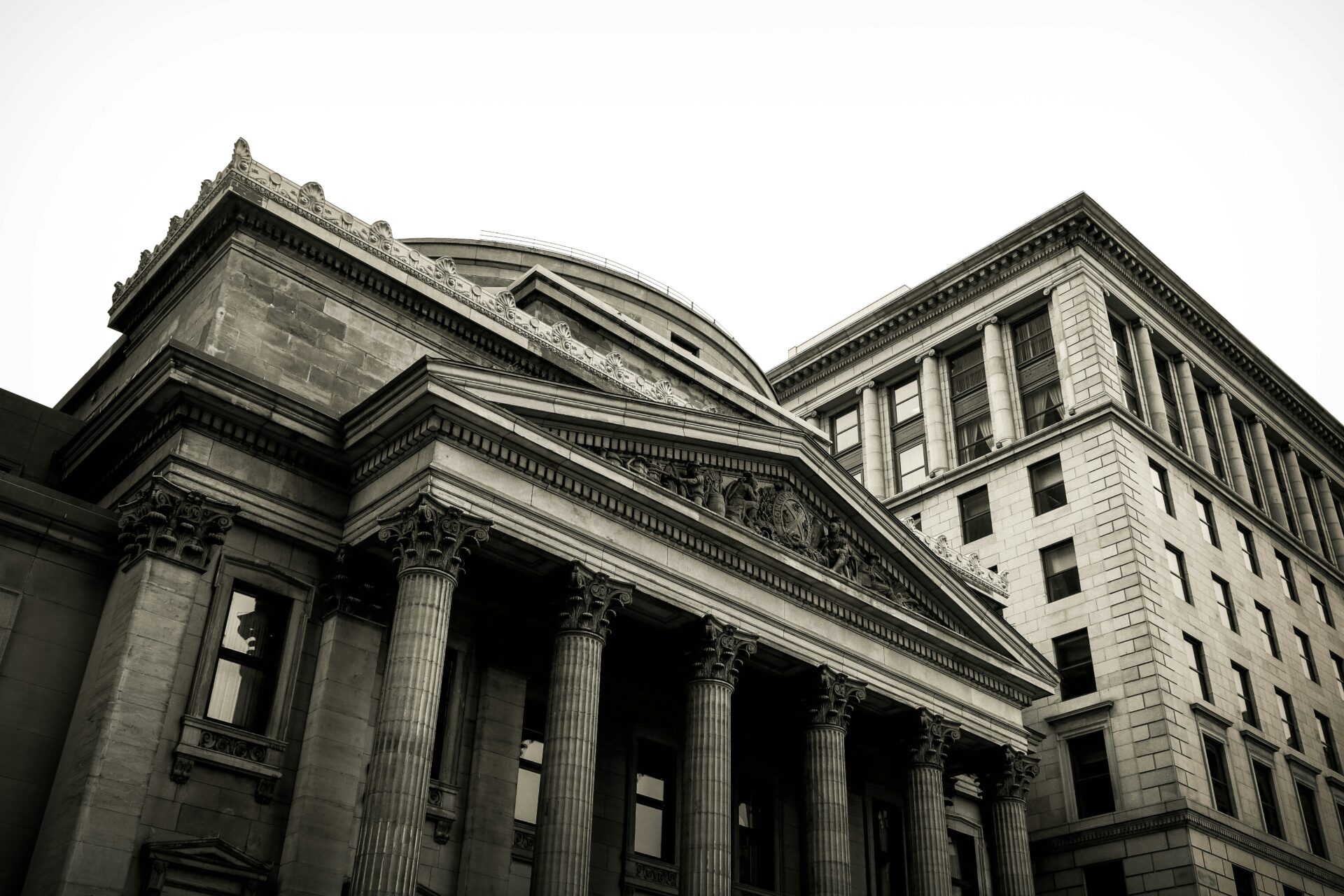
In the tumultuous world of finance, a startling revelation emerges – banks, those venerable institutions that form the bedrock of our economic systems, are perilously broke. This isn’t a natural disaster or an act of divine intervention; it’s a consequence of a nefarious system known as fractional reserve banking. Let’s demystify this complex concept and unearth the convoluted web that has led to the financial quagmire we find ourselves in.
Fractional reserve banking, the backbone of our monetary system, allows banks to lend money they don’t actually possess. In simpler terms, it’s akin to lending an IOU for a dollar that isn’t physically present in the vault. This practice has sparked a criminal scandal, operating in plain sight for too long, leaving economies vulnerable to the whims of financial uncertainty.
Adding fuel to the fire is the notion of moral hazard, a significant threat emanating from the political sphere. The root of the problem often lies in the murky realms of politics and central banks, both entrenched in the same political system. The issue is further exacerbated by a process that, euphemistically termed quantitative easing, is essentially counterfeiting money. This artificial printing of currency would land an ordinary person behind bars for an extended period. Yet, governments and central banks engage in this financial chicanery routinely, distorting the very essence of economic integrity.
Central banks play a pivotal role in manipulating interest rates, a practice veiled under the term quantitative easing. This manipulation obscures the actual cost of money, leading to a blame game where retail banks are accused of manipulation and issuing high-risk loans. The audacity of such allegations is staggering, as central banks are the true architects of interest rate manipulation.
Beneath this financial labyrinth, we encounter the precarious topic of deposit guarantees. The cavalier discussions about these guarantees often overlook the harsh reality – when banks collapse due to their incompetence and deception, it’s the taxpayer who bears the burden. This is nothing short of theft from the public, a brazen act that continues unabated.
Until the day comes when we hold bankers, including central bankers and politicians, accountable for their outrageous deeds, the solution to this financial conundrum will remain elusive. The time has come to dismantle the illusions of a secure financial system and demand justice for the taxpayer, who unwittingly becomes the victim of this grand financial charade. Only through a collective outcry and a commitment to accountability can we hope to usher in a new era of financial integrity and stability.

If this article piqued your interest, you may also enjoy delving into this piece – People who say Money is Not Important
P.S. – I spent two weeks researching for this article, gathering a wealth of information. It’s so extensive that a short article may not do it justice. Surprisingly, there’s little public outcry about this glaring issue – the broken financial system which is right in front of us.
